19 Jul Bahrain is warned: Reform or sink
Promises, promises.
That’s the story with Bahrain today, as it grapples with the most serious economic episode in its history.
Gulf countries like Saudi, the UAE, and Kuwait said they would bail out the country and help it avoid currency devaluation by reducing a ballooning debt and shoring up foreign-exchange reserves, but only after they get reassurances that structural economic reforms will take place.
Bahrain is slow with reforms.
Investor anxiety builds.
IMF warns
“Bahrain needs a comprehensive package of reforms to reduce its fiscal deficits over the medium term,” the IMF said, implying VAT, Excise and bringing down spending while reducing subsidies.
Bahrain has announced planned policies to reduce its deficits and accumulation of debt stock.
“Despite planned fiscal consolidation measures, fiscal and external deficits are projected to continue over the medium term, due to the large and growing interest bill,” IMF’s Executive Board said in a recent report. “Public debt is expected to increase further over the medium term and reserves are projected to remain low.”
The IMF emphasized the need to “introduce direct taxation, including a corporate income tax while containing the public wage bill and targeting subsidies to the poorest” and said Bahrain’s exchange rate peg to the dollar “remains appropriate for the economy.”
“Delays in implementing a “credible fiscal plan and changes in market sentiment as global financing conditions tighten present downside risks,” the IMF said.
The IMF expects the nation’s debt to exceed 100 percent of economic output in 2019. Foreign-exchange assets held by the central bank dropped 14% ($1.77 billion) in May.
According to Bloomberg, the Gulf’s smallest economy has been relying on debt sales to finance budget and current-account deficits. It scrapped an offering in March after investors sought higher yields, but raised $1 billion from Islamic securities.
“The kingdom has about $1.2 billion of debt to service in the next 12 months,” Bloomberg quoted Abdul Kadir Hussain, the head of fixed income at Arqaam Capital, a Dubai-based investment bank, as saying.
The Bond bind
Bloomberg writes “relief over a Gulf pledge to prop up Bahrain’s struggling economy has given way to anxiety now that three weeks have passed without any sign aid is on the way.”
“Saudi Arabia, Kuwait and the United Arab Emirates are waiting for Bahrain to submit its proposal for economic reforms before giving any money to the cash-strapped nation,” according to three people familiar with the issue telling Bloomberg.
Gulf’s messages of support eased concerns of a default and fueled a record jump in Bahrain’s dollar-denominated bonds, but the rally has fizzled in the past week as investors look for signs the deal will hold.
“Investors expect clear details, and most importantly, the willingness of the Bahraini government to do something to tackle fiscal and debt problems,” said Sergey Dergachev, who helps oversee about $14 billion in assets, including the kingdom’s dollar bonds, at Union Investment Privatfonds in Frankfurt. “So far, details and conditionalities associated with this rescue package are vague.”
The spreads on Bahrain’s bonds will remain “relatively wide,” said Jonathan Mann, London-based head of emerging market debt at BMO Global Asset Management, which manages $260 billion.
The yield on the nation’s 7 percent bonds due in 2028 has risen seven basis points in the past week to 8.72 percent. It narrowed by 83 basis points – a record drop for the yield on a closing basis – on June 27, when Bahrain’s allies pledged their support.
Residency permits extended
The Bahrain Ministry of Interior has issued a decision extending the validity of residence permits under personal sponsorship in Bahrain for up to five or ten years.
Previously, such a visa was issued with a maximum validity of two years.
The government fee for the two-year residence permit under the personal sponsorship program remains the same $529; the five-year permit costs $1060, and the ten-year permit is $1590.
Foreign nationals in Bahrain can obtain a residence permit If a foreign national has worked in the private or government sector in Bahrain or in another Gulf Cooperation Council (GCC) country for at least 15 years; or owns real estate in Bahrain with a minimum value of $132,195 or invests in a business in one of the approved sectors in Bahrain, with a minimum share of $264,390.
Space plans
Bahrain has set up a “space team” with the aim of launching the kingdom’s first satellite into orbit in the next two years, according to the country’s state-run Bahrain News Agency (BNA).
According to Kamal bin Ahmad, Bahrain’s transportation and telecommunications minister who is also in charge of the National Space Science Agency (NSSA), the plan forms part of a larger effort to breathe life into the country’s space programme, local gulf media reported
“The kingdom is planning to optimize the use of space sciences within five years to serve national development and keep abreast of global strides,” he said.
According to Bahraini authorities, 15 companies have so far expressed a willingness to support and fund the programme.



No Comments